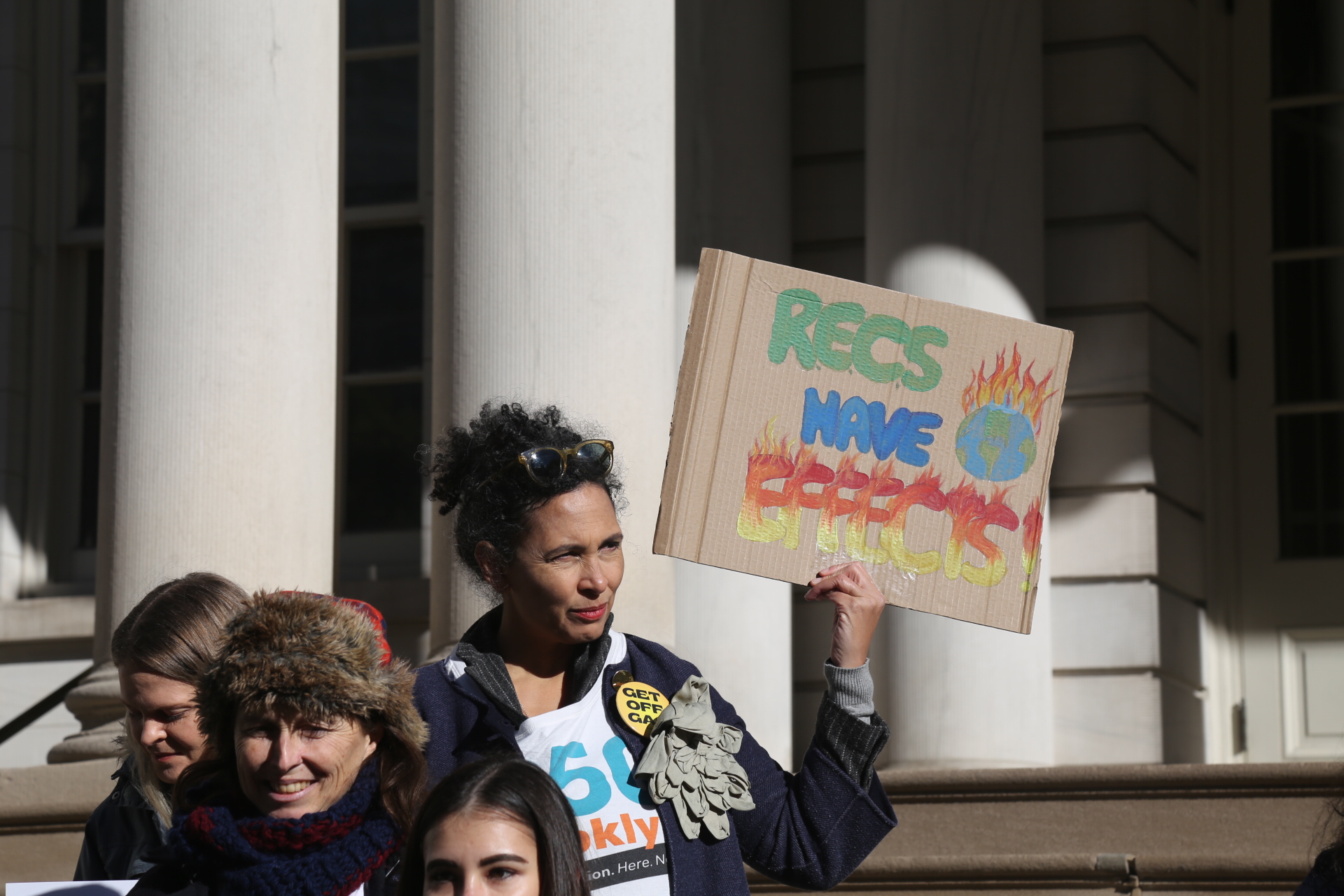Testimony of Director of Climate Infrastructure Jamie Statter to the Committee on Rules, Privileges, and Elections Regarding Local Law 97

Thank you to the Department of Buildings for convening this hearing and for providing me with the opportunity to testify today. My name is Jamie Statter and I am the Director of Climate Infrastructure in the New York City Comptroller’s Office. As a member of City Council, Comptroller Lander was instrumental in the passage of LL97 and remains proud of the City’s efforts to manage emissions from buildings, the leading contributor to the City’s climate emissions, through this landmark law. In his current role, the Comptroller is committed to overseeing strong implementation of LL97. Our office is grateful to the volunteer members of the advisory committee and the working groups whose efforts have contributed significantly to the rules you put forward today.
LL97 has already had tremendous impact. When the law was written, there were no state-wide plans to decarbonize the electricity grid and there were very few opportunities to purchase Renewable Energy Credits. In fact, there was no such thing as a Tier 4 REC. As we enter the last year before full implementation, the City, therefore, finds itself in an unexpected position.
The Comptroller’s Office is concerned that the unexpectedly large supply of Renewable Energy Credits will weaken the impact of the law if not addressed in the City’s rulemaking process. In a report released today, our office found that DOB’s proposed rules – which allow RECs to be used for all emissions from electricity – could weaken the law’s emission-reduction potential by 70% in the 2030 period and overwhelmingly benefit the commercial building sector, which is much more electrified than the residential sector. Given the health and emissions implications of fossil fuels, we fully support the DOB proposal to limit RECs to electricity, but we recommend limiting REC use to a maximum of 30% of a building’s electricity emissions in excess of its individual limit. We encourage DOB to implement final rules that incentivize early electrification by lowering the carbon emissions factor for buildings that complete these retrofits early as a first step in assisting residential buildings to comply through retrofits.
Unquestionably, LL97 has the potential to bring wide-ranging environmental, health, and economic benefits to New Yorkers; but to reap these benefits, the rules must encourage emissions reductions through building retrofits and energy efficiency above any other pathway for compliance. Our report also recommends the creation of dedicated funding streams to accelerate decarbonization, especially in New York City’s affordable housing stock. Finally, we encourage DOB to continually evaluate the rules to ensure that these goals are being met and to collaborate with HPD, DEP, and the NYC Accelerator to support the needs of building owners in coming years.
###